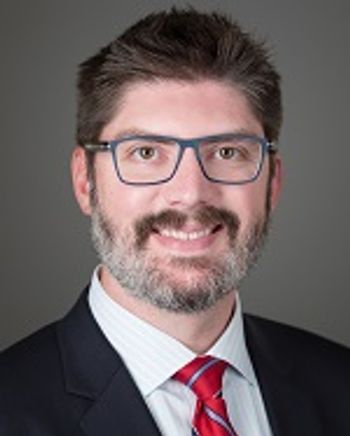
Moffitt Cancer Center
Latest Content

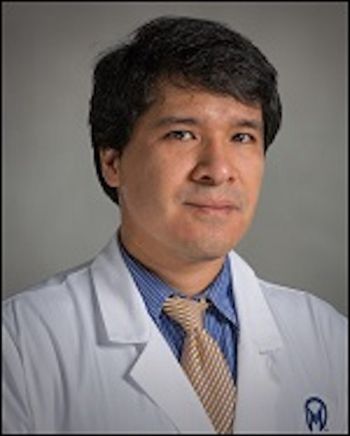
Julio Chavez, MD, MS, of Moffitt Cancer Center, spoke with The American Journal of Managed Care® (AJMC®) about how new approvals will alter decision making in the treatment of diffuse large B-cell lymphoma (DLBCL).
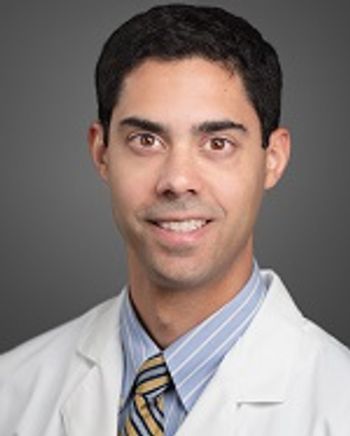
Michael Shafique, MD, an assistant professor of thoracic oncology at Moffitt Cancer Center, spoke with The American Journal of Managed Care® about efforts to characterize small cell lung cancer (SCLC) into subtypes as well as the process for treatment selection in this disease.
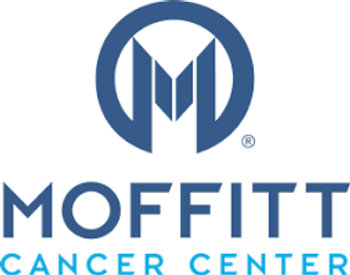
So far, the wonders of chimeric antigen receptor (CAR) T-cell therapy have only been seen in blood cancers. Investigators at Moffitt Cancer Center report findings that show a potential target in solid tumors.
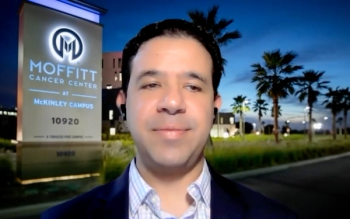
A combination of biology, access issues, and delayed diagnoses have contributed to disparities experienced by Black women with metastatic breast cancer, explained Hatem Soliman, MD, medical director of the Clinical Trials Office, Moffitt Cancer Center.
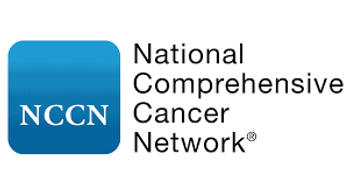
Many oncologists oppose white bagging because they prefer to be able to adjust doses during a visit based on lab reports taken that day.

From taking part in clinical research at a local location to foregoing aggressive therapy in favor of quality of life, patients with cancer are seeking new options, said panelists at the 2022 Annual Conference of the National Comprehensive Cancer Network (NCCN).
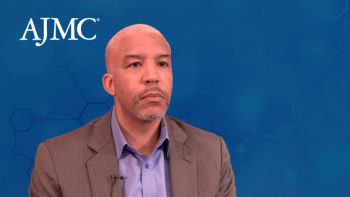
Everything from the genomic data for the cancer to the zip code of a patient matters when delivery care, said Edmondo Robinson, MD, MBA, MS, FACP, senior vice president and chief digital officer at Moffitt Cancer Center.
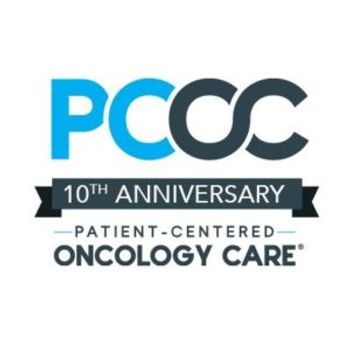
Physicians said it is in payers’ interest to use artificial intelligence to address social determinants of health, to cover tests, and to gather data. Doing so could let them stratify who needs certain screenings and diagnostic procedures and who doesn’t, which could lead to less consumption of health care.
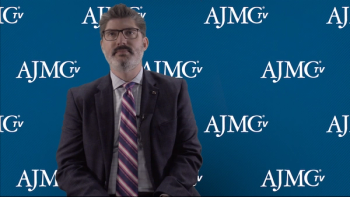
Frederick Locke, MD, vice chair, Department of Blood and Marrow Transplant and Cellular Immunotherapy Program, co-leader, Immuno-Oncology, Moffitt Cancer Center, discusses findings of the phase 3 ZUMA-7 trial presented at ASH 2021 and how use of axicabtagene ciloleucel can be optimally applied in a real-world setting.
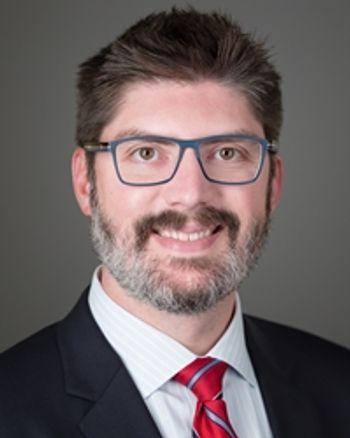
Frederick L. Locke, MD, of Moffitt Cancer Center in Tampa, Florida, is the lead study author of the phase 3 ZUMA-7 trial, which examined the use of axi-cel in second-line treatment of patients with relapsed or refractory large B-cell lymphoma (R/R LBCL).

According to the final panel at Patient-Centered Oncology Care®, clinical pathways can create a new problem: if each payer tries to impose its own pathways, it’s an administrative and ethical nightmare.



